What is Colombia like? Part 2: Surprises
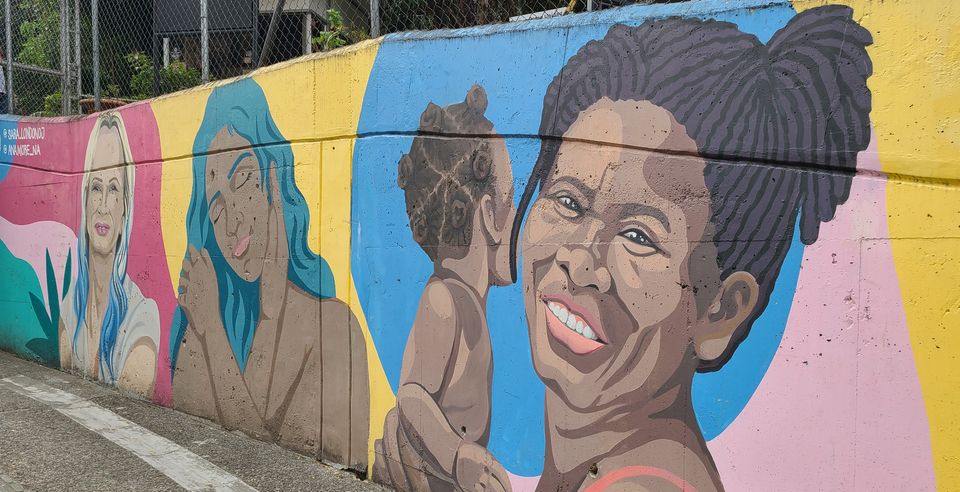
While most people may not expect me to make nuanced comparisons of how Colombia differs from other countries, I would like to be able to do that someday. I don’t have enough information and experience at this point, but one of the reasons I am living in and moving to new countries is that I want to develop an understanding beyond the general differences between the US and Latin America.
My expectations in Latin America are informed by my year living in Nicaragua, research in Costa Rica, five months in Mexico back in 2006, and friendships, as well as working relationships, with Latin Americans. That most of the people I know would first identify as Nicaraguan, Costa Rica, Mexican, Peruvian, etc., and not “Latin American” is part of the point. I know that Latin America is not a single culture, and, yet, if I tried to explain country cultures I’d mostly be relying on stereotypes.
Below are things that have surprised me here (besides Santa, which I have written about). I’m still figuring out what to attribute these differences to – are they Colombian? City life? Medellín particularities? Or am I mistaken and seeing a pattern that isn’t there?
Surprises
- Food:
- Abundance of restaurants and food carts dedicated to burgers, hotdogs, and loaded French fries
- Vast varieties of arepas, mangos, and avocados
- There are farm subscriptions/Community Supported Agriculture boxes here like in Eugene, Oregon!
- Shopping:
- Prevalence of stores selling lingerie, shoes, and new clothes
- Few second-hand/thrift stores beyond the Buy-Sell electronics stores
- Home delivery seems wildly popular with most stores offering it and delivery service motos all over – I’m curious if this was the case pre-covid. I’m guessing this is at least in part driven by the amount of rain demotivating leaving the house and that not everyone owns vehicles.
- Public transportation:
- Reliable, easy-to-navigate metro system
- Limited number of new metro cards available & cumbersome system for obtaining a new card
- Accessibility of the metro system complete with lifts at every station (for wheelchairs, strollers, etc.) and nifty leaning bars for people who have trouble getting up and down from chair height
- What counts as a “full” train – People don’t fill in the interior spaces appropriately to accommodate more people entering. I have yet to experience fullness like on a Nicaraguan bus, but the difference could be the lack of an employee telling people to squish into the holes.
- The metro sponsors painting murals along the metro lines.
- There are emergency buttons specifically for reporting harassment. Thankfully I haven't seen anyone need to use this.
- Lifestyle/People:
- Popularity of pets, including dogs as indoor pets who get taken on walks, and the accompanying pet stores in every neighborhood I’ve seen
- People rollerblading and serious bicyclists (wearing cyclist gear) on busy streets and making use of bike lanes
- Various people (Colombian and Venezuelan) in my Saturday classes bring their toothbrushes for after lunch. I'm told dental hygiene is a priority here.
- Tattoos! There are a lot of tattooed men and women. I think every time I ride the metro there is at least one person, if not several, with visual tattoos.
I would love to hear your thoughts, whether they confirm or contradict my experiences. More input is helpful in puzzling out potential cultural differences...and, hopefully preventing outrage like Better Homes and Gardens with their Midwestern food claims.
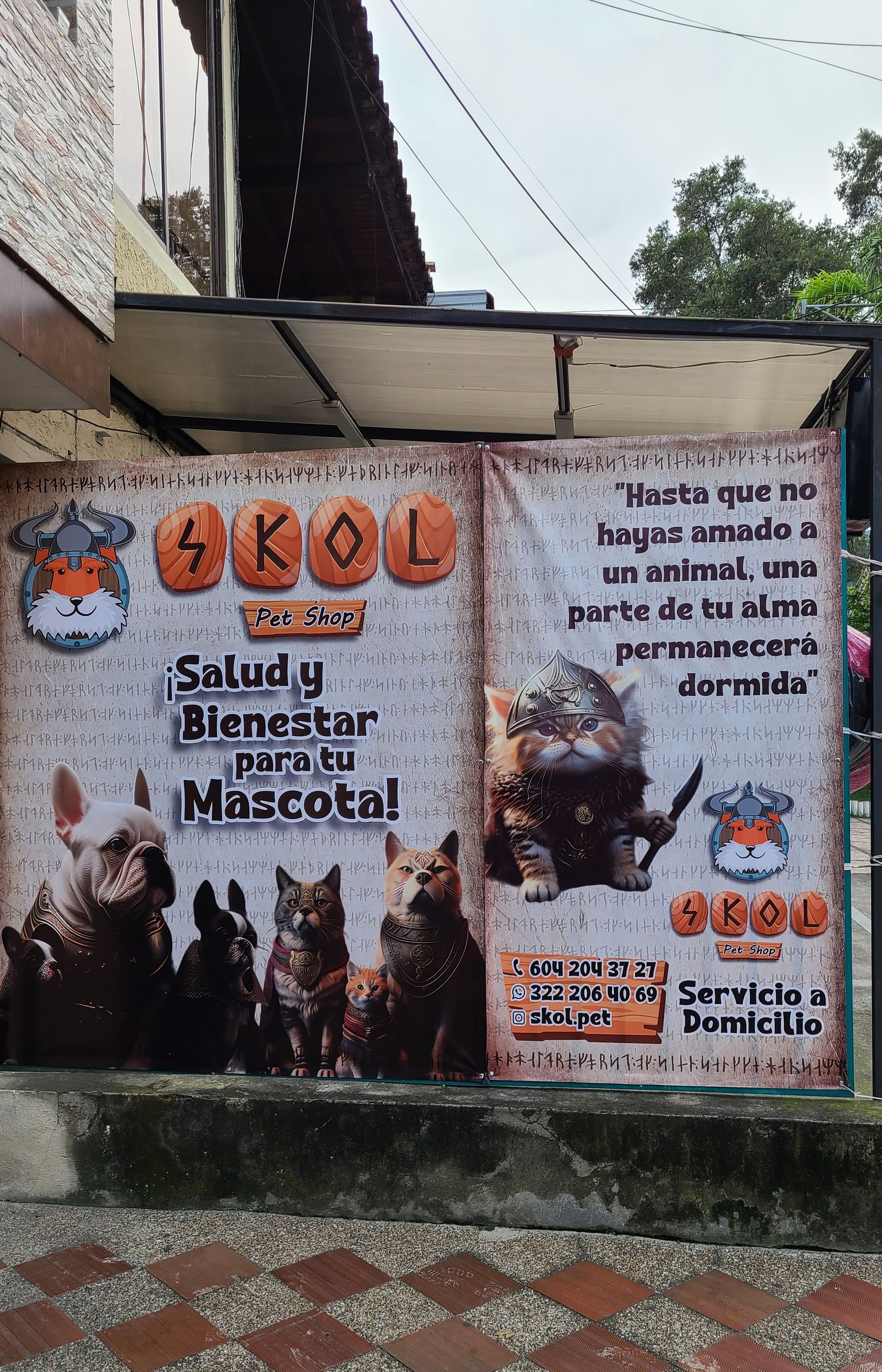
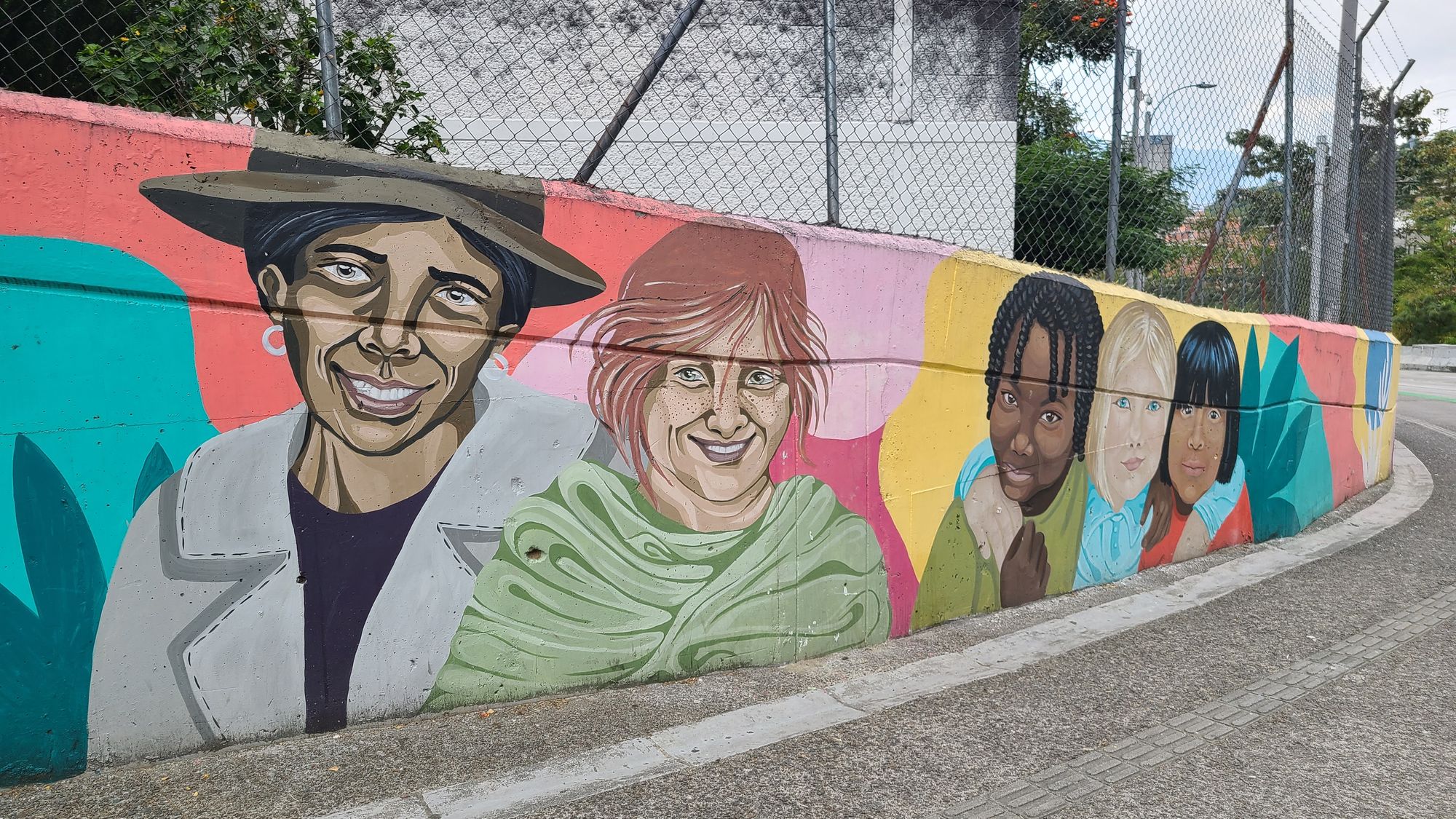
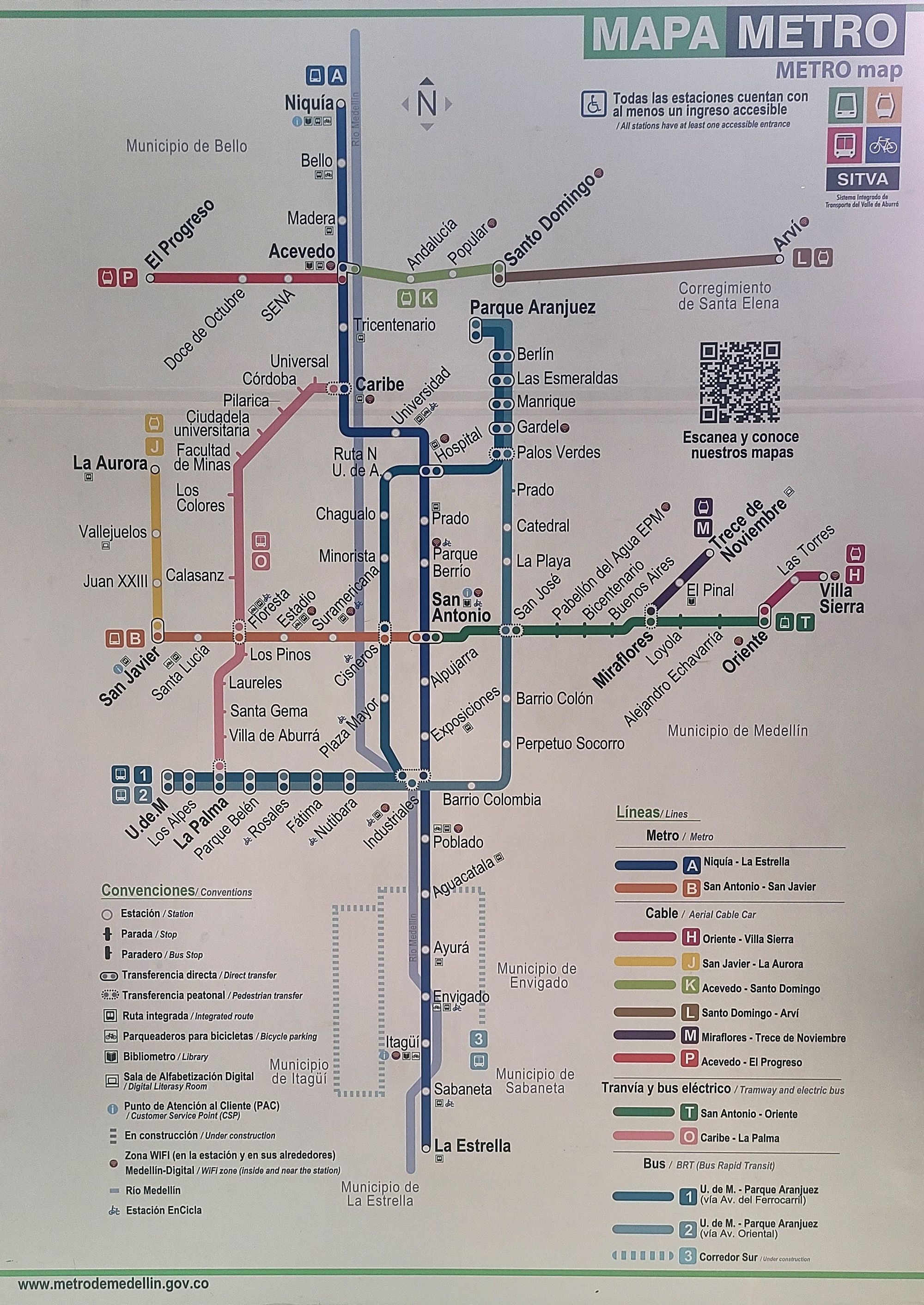
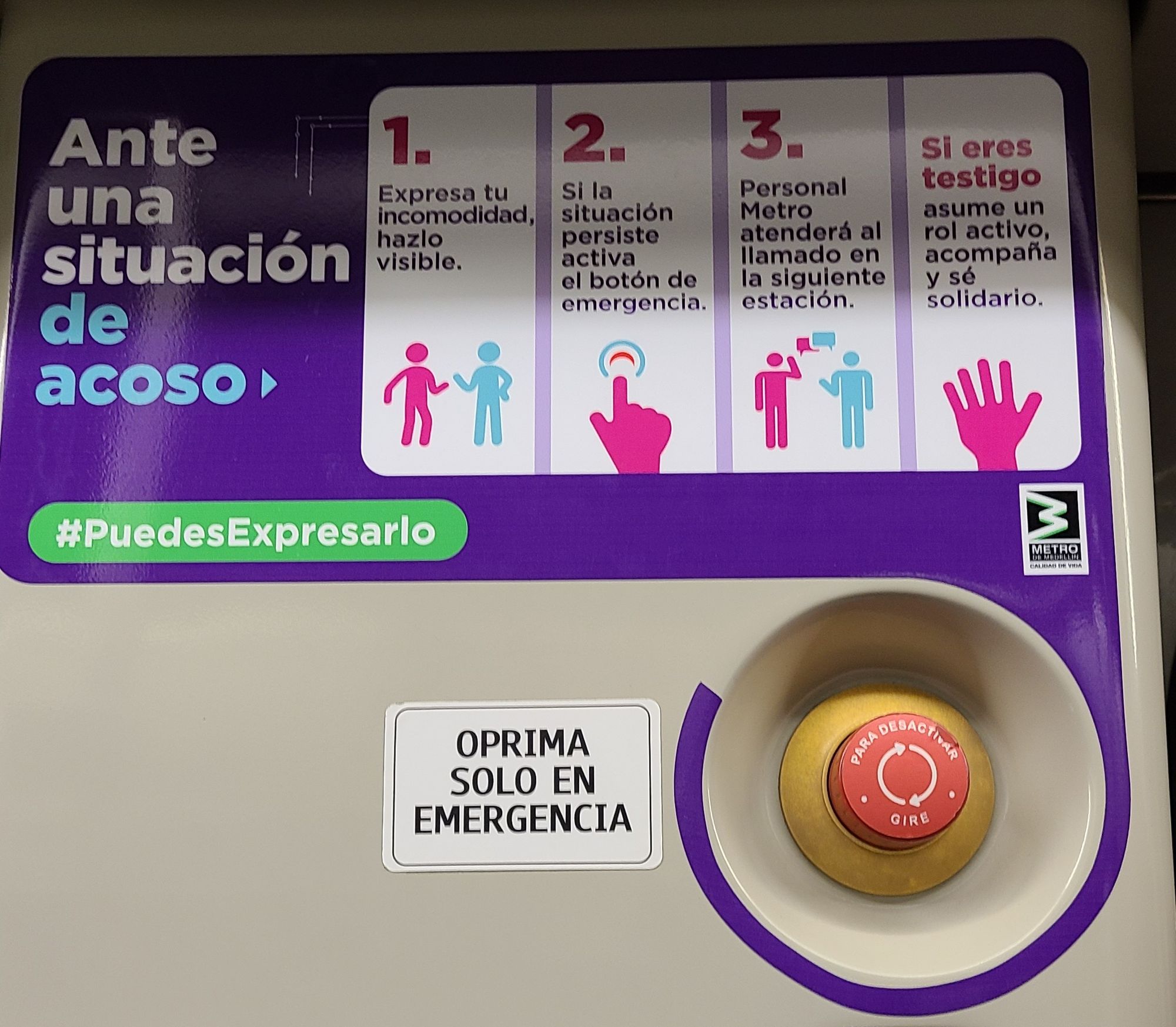
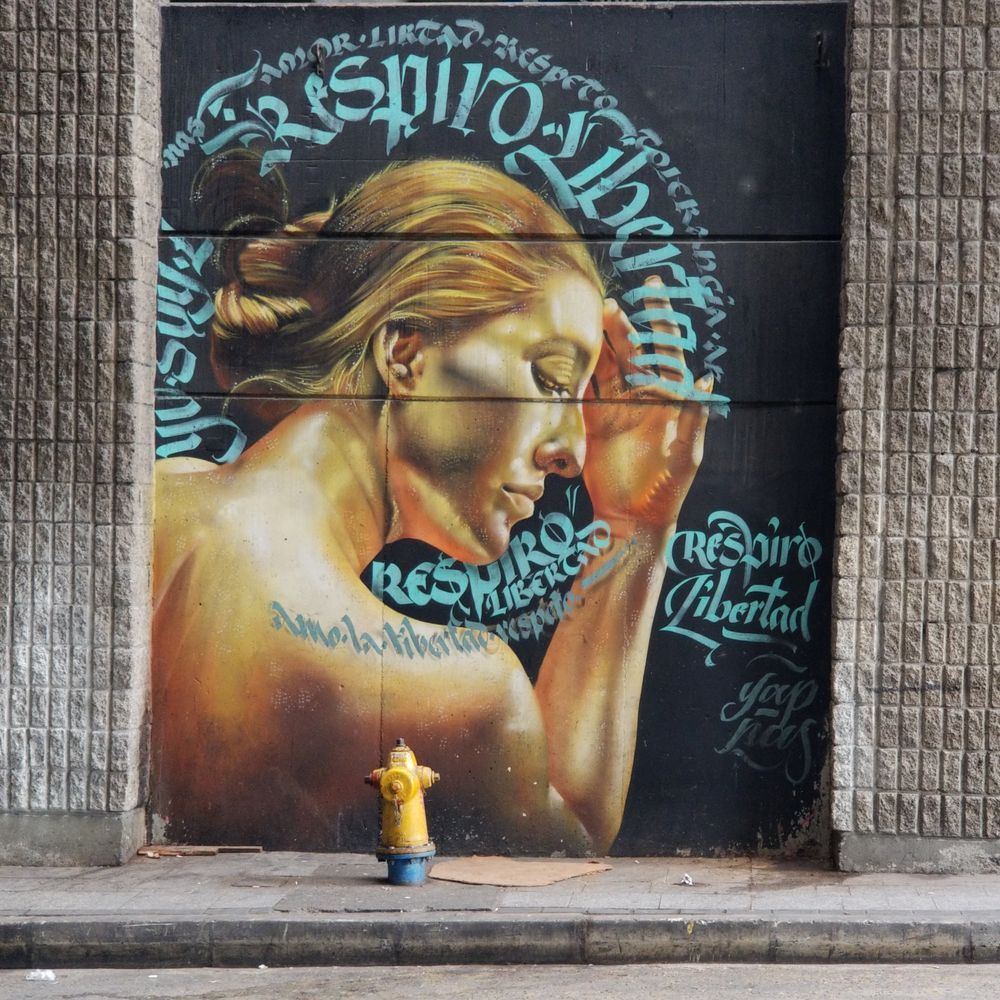
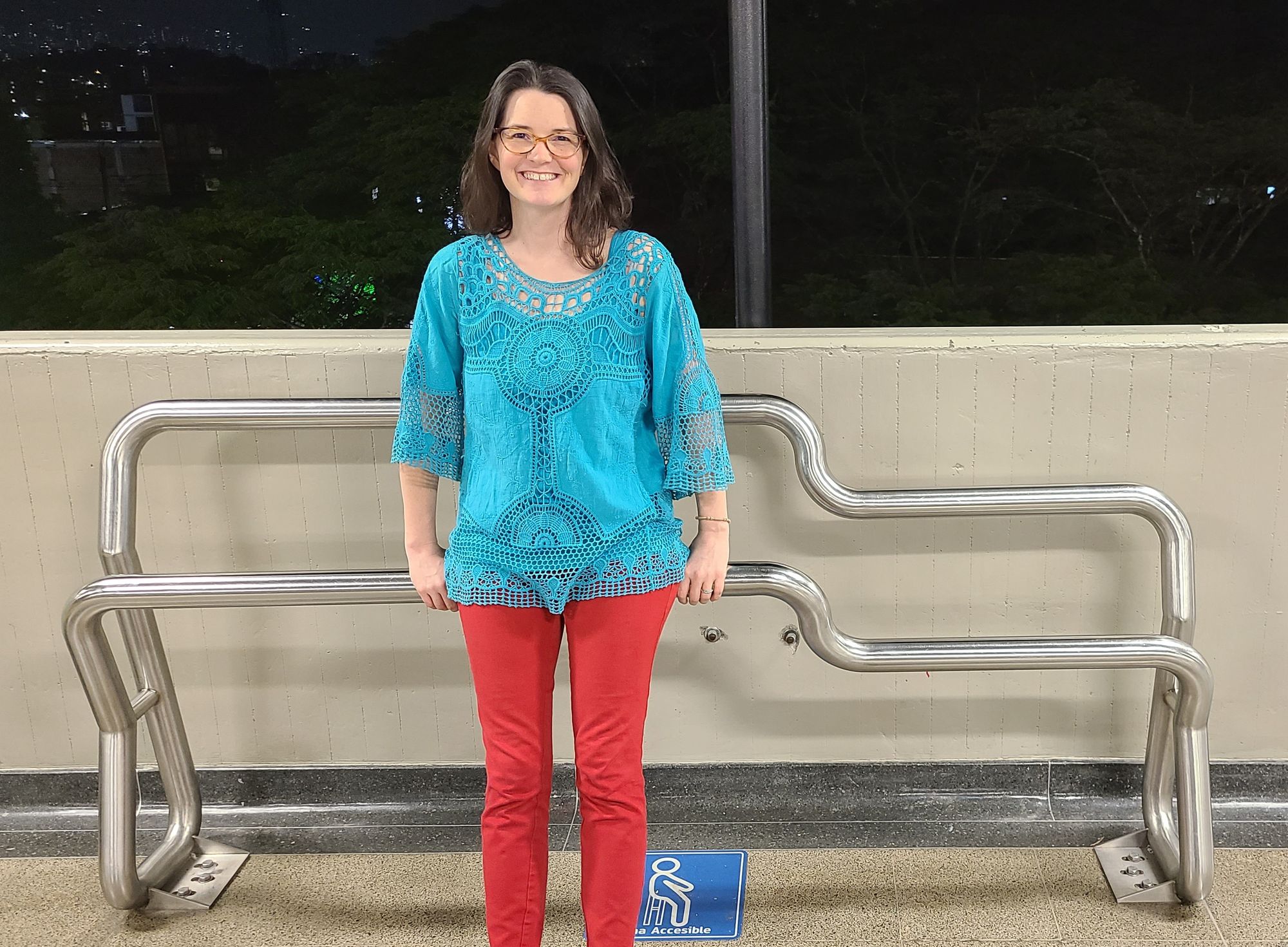

Member discussion